Calories needed for breastfeeding
Easy, prolonged and satisfying breastfeeding is based on nutritional premises already set during pregnancy. The nursing woman produces from 500 to about 800 ml of milk per day, the richness of which in nutrients is closely linked to the type of diet followed.
To produce 800 ml of milk, about 670 Kcal are needed, largely supplied by the storage fats accumulated during gestation. The average weight increase of pregnant women, which normally is around 11-12 kg, corresponds in fact to a lipid deposit of about 3 or 4 kg.
Despite the extent of the accumulated energy reserves, the mother's nutrition during breastfeeding is fundamental. Taking into account the premise made a few lines ago, an increase of 500 kcal is generally recommended, even if it is advisable to consult beforehand. with its own service center.
Feeding during breastfeeding must not only vary in terms of quantity, re-evaluating the qualitative characteristics of one's diet is in fact an essential factor in supporting adequate milk production.
Protein requirement during breastfeeding
Considering an average daily secretion of 850 ml of milk and assuming that its protein content is fixed and equal to 1.2%, the additional protein content is about 10 grams of protein per day. This figure must however be corrected on the basis of the individual variability in the type of feeding, in the efficiency of use and in the volume of milk secreted.
During breastfeeding, a supplement of 17 grams of protein per day is required (LARN 1996), bearing in mind that at least 50% of these should be of animal origin. This protein content is contained, for example, in 70-80 grams of skinless chicken breast, or in 100 grams of fish (mackerel, sole, hake, etc.).
Not far from this figure, the American RDAs of 1988 and the FAO / WHO / UN recommendations of 1985 recommend a supplement of 15-16 grams of protein / day, while the new US tables (Food and Nutrition Board 2002) are more generous. (25 grams per of):
Need for micronutrients
During breastfeeding, the presence of adequate quantities of micronutrients in the diet is of great importance. The need for calcium and phosphorus remains high, just like in pregnancy, while that of iron decreases and the requirements for most vitamins increase proportionally. with the exception of folic acid, the need for which increases more during pregnancy than during breastfeeding.
Recommended daily intake levels of energy and nutrients for expectant mothers and nurses
LARN, revision 1996
* To cover these needs it may sometimes be convenient to consume fortified foods or complete the dietary intake with a supplementation.
1 The iron intake in pregnancy, which corresponds to the lower fetal and neonatal morbidity and mortality, is such that it cannot be easily covered with a balanced diet, therefore supplementation is recommended.
2 An increase in the intake of folate in the periconceptional period constitutes a protective factor against spina bifida in the unborn child.
3 During pregnancy, due to the known teratogenic effects linked to possible excessive doses, vitamin A supplements should be taken only on the advice of the doctor, and in any case with doses that do not exceed 6 mg of R.E.
For further information: need for mineral salts and vitamins "
Guidelines for healthy eating (LARN)
During breastfeeding, your nutritional needs are even higher than those of pregnancy: a varied diet, rich in water, fresh vegetables, fish, milk and derivatives, will help you feel good and produce milk that is completely suitable for the needs of the newborn. .
In the period of breastfeeding, avoid those foods that can give unpleasant odors or flavors to your milk or trigger allergic manifestations in the infant.
Avoid alcoholic beverages and use products containing nerve substances (coffee, tea, cocoa, cola drinks, etc.) with caution.
Waterfall
Breast milk is made up of 87% water. For this reason it is very important to drink at least 2.5 liters of liquids per day, obtaining them mainly from water but also from juices, milk and broths.
CONTINUE: Dietary recommendations and food advice "

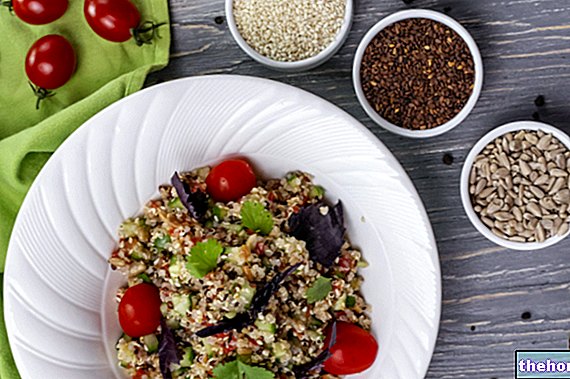
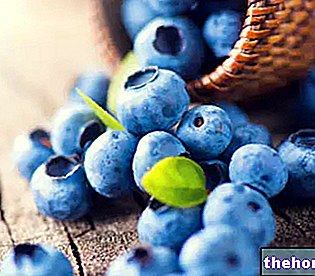
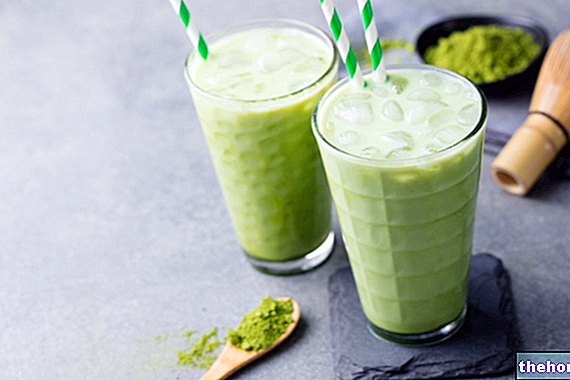
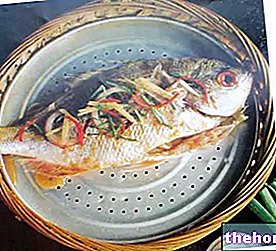
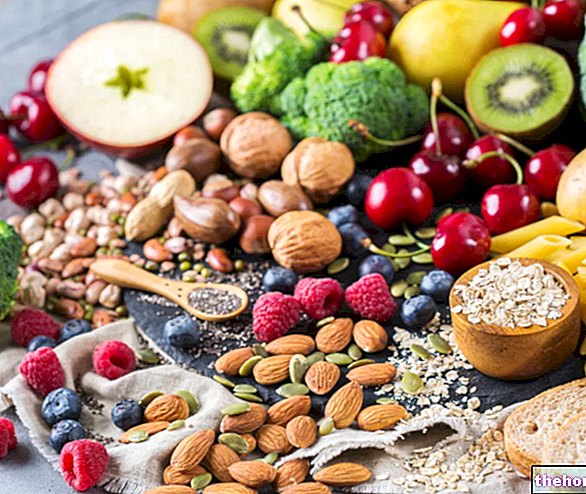
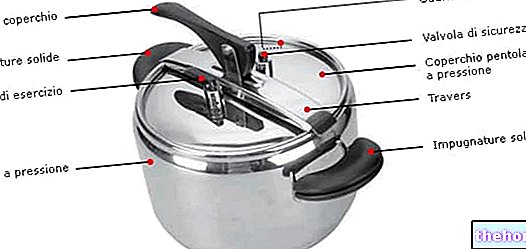


.jpg)


















